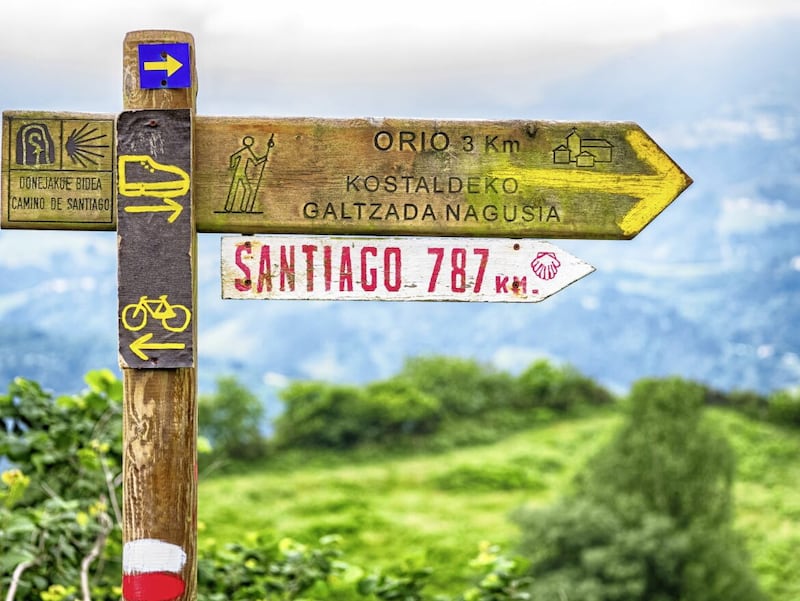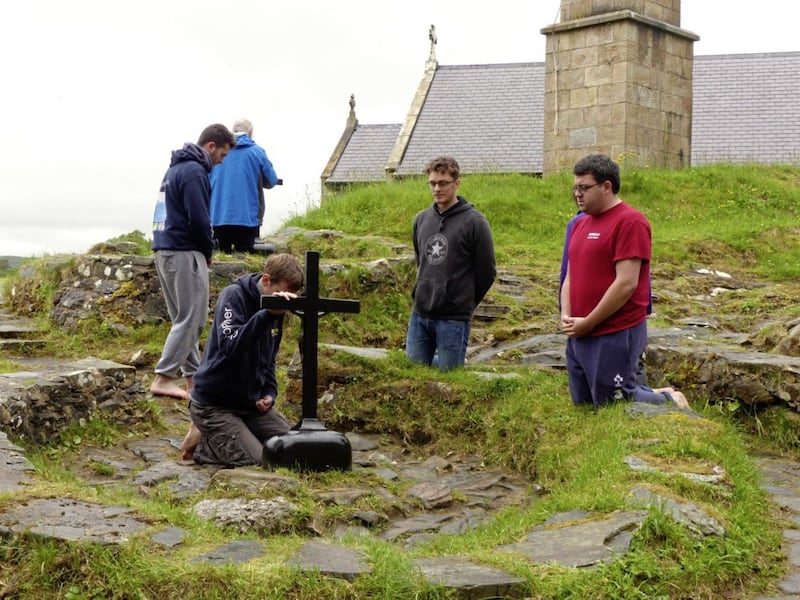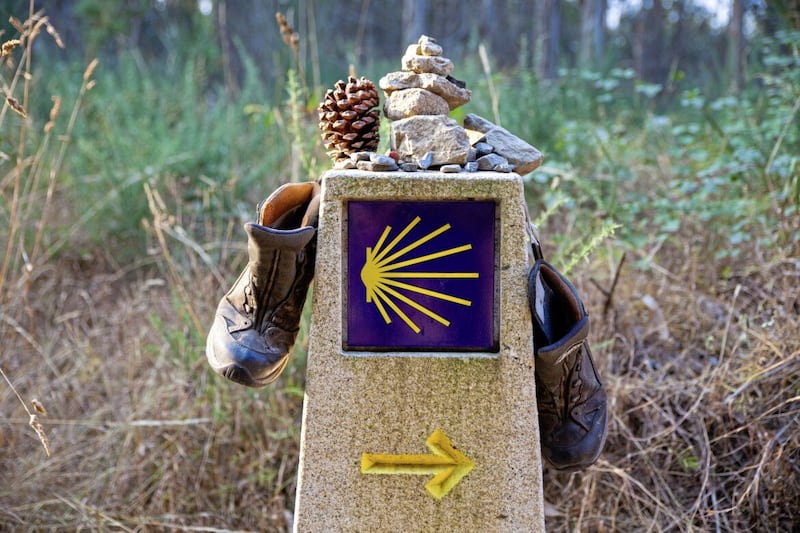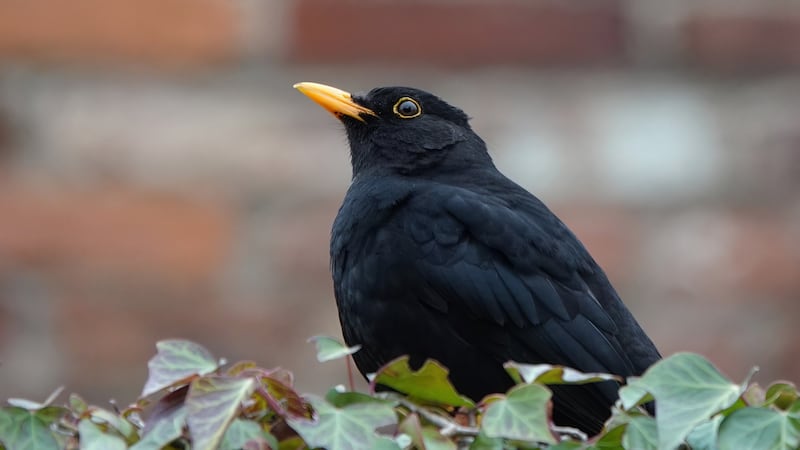Last year’s hydrangea flowers are rich pickings for our birds. Sometimes laziness has its own reward.
I closed the back door on the garden last October and haven’t ventured out all winter.
Last week, the sun came back and there was a breeze that had me murmur: “It’s a great drying day.” The words of our mothers and their mothers trip softly off our tongues.
The sap rises, my beds are stripped and the wind whips my sheets like huge white birds over the lawn... I could walk into them and disappear.
And if my garden looks like the misty wilderness of The Secret Garden – a favourite childhood story – then at least our birds are happy. They have the pick of withered leaves and flowers.
“Come quick!” cried my other half from the living room.
We watched through the window as our blackbird perched on the fence. She had a huge mouthful of brown petals and straw. She looked strange, exotic and a little perplexed. She couldn’t see past her bundle of straw for her nest in the rowan tree.
We like to think of our birds as family. The blackbirds nest in the rowan; the small wren has a home behind the ivy on our rickety fence, as does the robin.
There was a bit of a tussle the other day – a family dispute. The robin wasn’t sure about where the wren was building and there was a kerfuffle. The wren won.
Our solitary woodpigeon is back – so fat that we worry his bough will break and he will tumble down like the nursery rhyme.
We like to think of our birds as family. The blackbirds nest in the rowan; the small wren has a home behind the ivy on our rickety fence, as does the robin
And just as Spring is sprung, my camino friend is returning for another pilgrimage.
Last time, we journeyed together; this year, I had to say no.
Her plans are in place, her 1,000-mile socks are warming up on the radiator and she could write a book about blisters, vaseline, uddermint and epsom salts.

“You know what’s ahead of you,” I tell her. “Mind you, you could say that about Lough Derg, and it wouldn’t make it any easier.”
Remember the smell of frying bacon from the priest’s house after a long night’s vigil? Remember dropping off to sleep as you sat at early morning Mass and a bony finger poking you in the back to waken you up?
As we sailed away in the rowing boat from Lough Derg in 1977, my sister hissed: “If I ever say I’m coming back, promise you’ll slap me hard.”
She never said she’d go back so I never got to slap her. I never went back either.
Last year’s camino was more fun than Lough Derg but tough too.

The soft light of early morning in Spanish villages is special – black hens scratching in the dust of backyards, fields of sunflowers and the stalks as high as an elephant’s eye of sweetcorn in the fields.
I’m nostalgic for the joy of that first day’s walking, the woman throwing open a high window and inviting us in for coffee… the bar at the end of the walk just opposite the old stone convent – a glass of wine and a crisp salad in sunshine.
I’d not need to be slapped to go back again. Just not this year.
My friend will be taking the route through the Pyrenees.
“Twice the height of Donard,” she says.
“Climb every mountain,” I joke.

I tease her about her sweetcorn envy. “I’ll never get my sweetcorn to grow that high,” she’d sigh as we trudged dusty roads, swishing sticks along hedges.
This year, she’ll have to lie every evening, with her feet up the wall, alone. It was a post-walk ritual that saved us from so much pain.
“Maybe next year,” I say.
And our blackbird, aghast, cocks her head at me from the garden fence: “Are you serious?” she asks.
“Get on with that nest, it won’t build itself,” I tell her.



